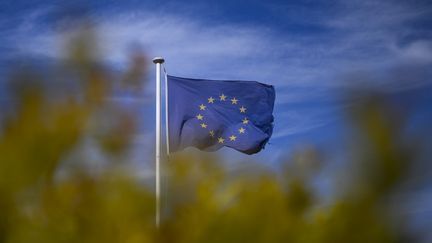
The European Commission has just unveiled its plan to definitively end its imports of Russian gas but the challenge remains immense.


Published the 07/05/2025 07:39 Reading time: 2min
European Russian gas dependence remains important. The share of imports in the Union increased from 45% in 2021 to around 19% today. Europe has endeavored to reduce its supply by gas pipeline and turned to liquefied natural gas transported by ship from the United States. The latter today represent 45% of our imports.
-More than three years after the invasion of Ukraine by Russia, the president of the European Commission, Ursula von der Leyen, wants to completely break the energy links with Russia. It offers three stages: prohibiting new contracts with the country led by Vladimir Putin, put an end to short -term contracts (“spots” contracts) by the end of the year, then extinguish all gas imports from Russia by 2027. It is for the moment a proposal and the vagueness remains on the legislative aspect.
Brussels promises details for the month of June. Several times postponed before its presentation on Tuesday, May 6 at the European Parliament in Strasbourg, this roadmap must now be subject to the Member States for validation and application. One of the major challenges, in the long term, is the diversification of supplies. The idea of the plan that dates back to 2022 is today breaking up: it was a question of increasing LNG imports from the United States but the trade tensions that appeared in recent months with Donald Trump are blurring the cards.
And it is still necessary that all European states agree. Some countries like Hungary do not hide their proximity to Moscow and have a capacity to harm a possible common agreement. And then there is another pitfall: to unplug Putin’s gas to connect to that of Trump poses a problem, politically as environmentally because the American gas is very carbonated.
According to Adina Revol, former spokesperson for the European Commission in Paris, the author of the book Break with Russia, European energy awakening (Odile Jacob), the European Commission’s project is feasible, even if it takes time, based in particular on internal resources to the EU (Romania, Norway) and funding new projects via the European Investment Bank. But that requires European unanimity, which is far from being won.











